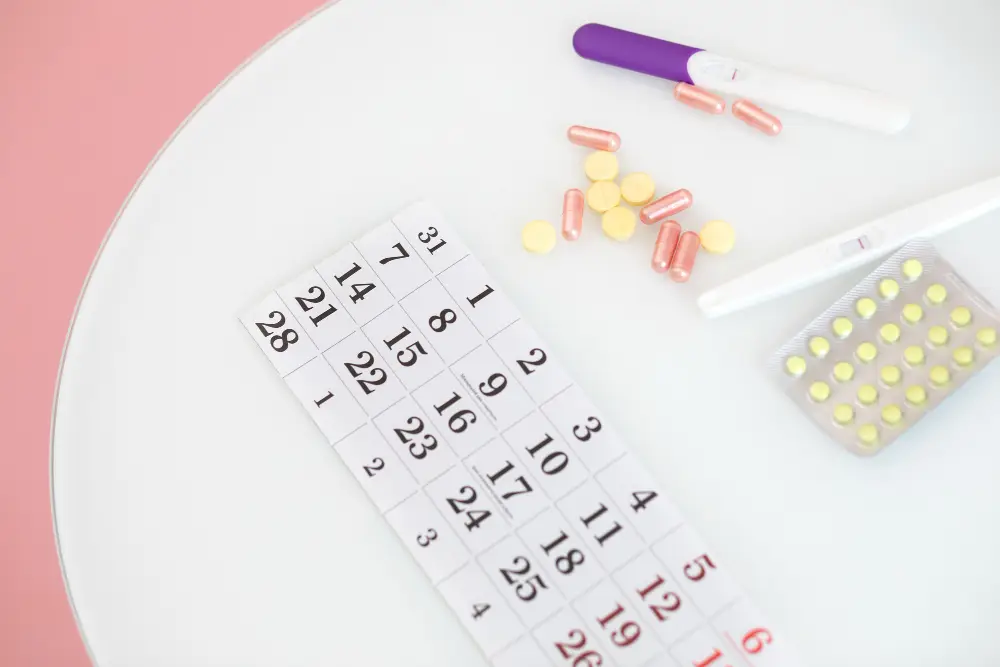Starting the journey of in vitro fertilization (IVF) is emotional. After months or years of planning and hoping, seeing a positive pregnancy test feels like a dream come true. But what if you notice spotting during your IVF pregnancy? It can be scary, but spotting doesn’t always mean something is wrong.
What Is Spotting?
Spotting is light bleeding, often small amounts of blood that can be pink or brown. Unlike a period, spotting is light and usually doesn’t need more than a panty liner. Spotting during pregnancy, including IVF pregnancies, is common. While it may cause concern, it doesn’t always mean something serious.
For IVF pregnancies, spotting can be extra alarming because of all the emotional, physical, and financial effort it takes to get pregnant. But it’s important to understand what might cause spotting before worrying too much.
Why Might Spotting Happen After IVF?
- Implantation Bleeding: One cause of spotting is implantation bleeding, which happens when the embryo attaches to the uterus. This can cause small blood vessels to break, leading to light bleeding. Implantation bleeding happens around the time your period would start and is usually not harmful.
- Hormonal Changes: Pregnancy brings big hormonal changes. During IVF, medications like progesterone help the uterine lining and support implantation. But these changes can make the cervix more sensitive, which may lead to spotting. Hormone levels of estrogen and progesterone can also cause light bleeding.
- Cervical Irritation: The cervix becomes more sensitive during pregnancy because of increased blood flow. Things like sex, pelvic exams, or ultrasounds (common in IVF) can irritate the cervix and cause light bleeding. This is usually mild, painless, and temporary.
- Multiple Pregnancy: IVF sometimes involves transferring more than one embryo to improve the chances of pregnancy. If more than one embryo implants, the risk of spotting increases because the body is adjusting to support more than one baby. Multiple pregnancies can put more pressure on the uterus, which might cause light bleeding.
- Threatened Miscarriage: In rare cases, spotting can signal a miscarriage or ectopic pregnancy. This is scary, but it’s important to talk to your doctor instead of assuming the worst.
When Should You Be Concerned? Not all spotting is dangerous, but sometimes it is. Call your doctor if you notice:
- Heavy bleeding, like a period
- Bright red blood
- Pain or cramping with the spotting
- Dizziness or fainting
Your doctor may suggest an ultrasound or blood tests to check how the pregnancy is going.
How to Cope with Spotting
- Stay Calm: It’s not easy, but remember that spotting is common and doesn’t always mean there’s a problem.
- Rest and Relax: Avoid heavy activities and give your body time to adjust. Rest can help stop minor spotting.
- Stay in Touch with Your Doctor: Keep talking to your fertility doctor or OB-GYN. If you’re unsure about what’s happening, always ask.
- Stay Informed: Read about the changes your body is going through after IVF so you know what to expect.
Conclusion
Spotting during an IVF pregnancy can be upsetting, but it doesn’t always mean something is wrong. Knowing why spotting might happen and when to get help can reduce your worry. Most importantly, trust your instincts and lean on your medical team for support. Every step you take on your journey to parenthood is a sign of your strength and hope.
If you’re spotting, remember you’re not alone. Many people have gone through this and had healthy pregnancies. Take care of yourself, and focus on the little life growing inside you.




